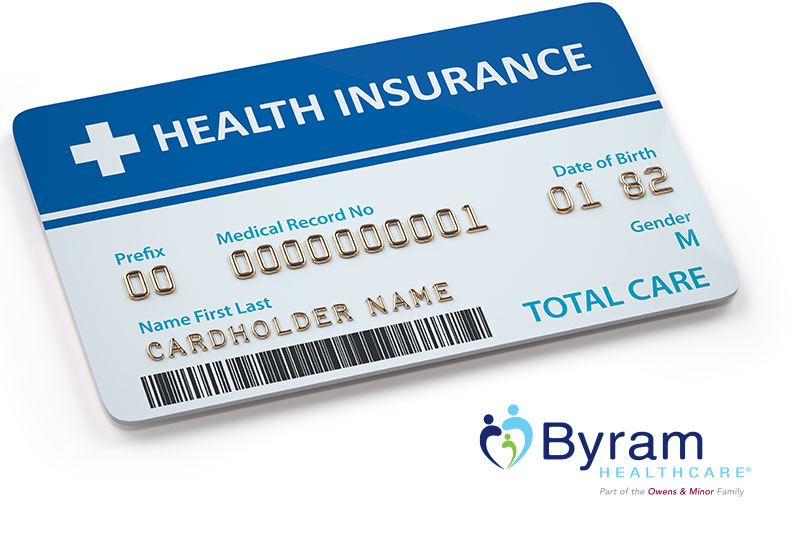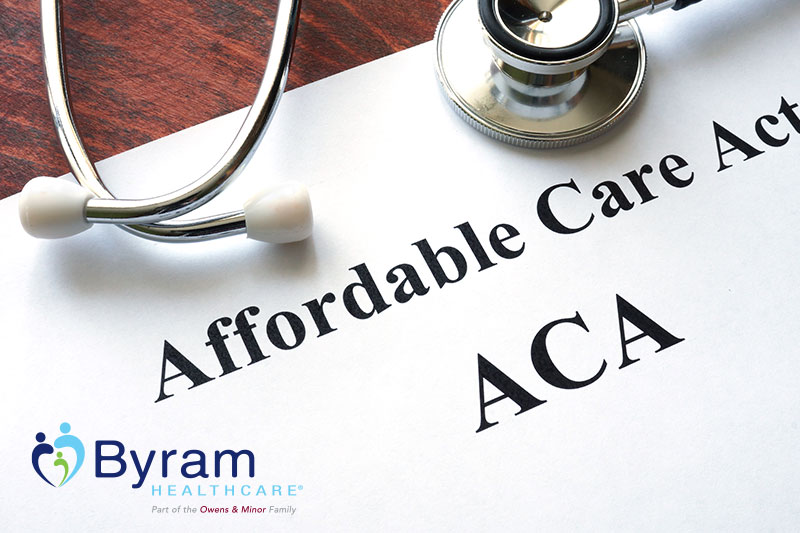Get a Free Breast Pump Through Insurance
If you’re expecting a new baby, you know the never-ending to-do lists include a growing list of things to buy. You’ll need a crib, diapers, baby clothes, strollers, car seats, and more. While many new and expecting moms are very diligent with their lists, one thing that sometimes gets overlooked is a breast pump.
The main question you’re probably asking yourself is, “are breast pumps worth it?” Even if you plan on nursing exclusively, a breast pump—especially one that’s free—is absolutely worth it. Plans change and sometimes, you’ll need to make sure that your little one is well taken care of even if you’re not immediately available. If you have a breast pump, you can stock up on breast milk so that during these times, your partner, nanny, or friend or family member will be able to provide your baby with breast milk. If you don’t have a pump, it will be impossible to give your baby breast milk when you’re away, so they will need to turn to formula. This is especially important for working moms.
While formula feeding isn’t the absolute worst thing in the world, it’s nowhere near as good for babies as breast milk. There is no substitution for a mother’s milk and many moms are very strict about making sure their baby does not consume any formula.
So, even if you don’t think you’ll need a breast pump or don’t plan on using it very often, it’s always good to have on hand. You can never be too prepared and a breast pump will allow you a backup plan. If you’re still not convinced, think about the benefits of having a breast pump. First of all, you’ll be able to build a freezer stash for the emergencies, as we mentioned above. Even if you don’t use one for feeding, breast pumps can help you increase your milk supply, resolve clogged milk ducts, and empty your breasts if they’re engorged and your baby is asleep.
Since getting a breast pump through your insurance is free, there’s really no reason not to get one! Even if you never use it, it’s good to have on hand.
How Are Breast Pumps Free?
Thanks to the Affordable Care Act that was passed in 2010, health insurance providers are required to offer breastfeeding support, supplies, and any counseling to expecting or lactating women. While coverage varies based off of your insurance provider, you will be able to find at least one breast pump that’s completely covered and therefore, free of cost to you. Breast pumps should not be applied to a deductible and there is no co-pay or co-insurance.
Exceptions/Limitations to Free Breast Pumps
As with anything, there are limitations and exceptions to Affordable Care Act eligibility. One of the main limitations is if you had your healthcare plan prior to the Affordable Care Act being signed in 2010. When this happens, some insurance providers can make things more difficult as you’re considered a grandfather clause. Always double-check this with your insurance if you’re unsure.
Know Your Insurance’s Process
To avoid complication along the way, make sure that you know your insurance’s process. Your insurance provider is the one will determine when you will be able to receive your free breast pump based on coverage details. For this reason, you might not be able to get your pump until after your baby has been delivered.
Your insurance may deny a purchase of a breast pump for a few reasons. In some instances, healthcare plans only cover rentals, hospital grade, or manual pumps. Other self-funded insurance plans opted out of the health reform in 2010. If you’re denied coverage, make sure that you review your policy and talk to your insurance provider to find an alternative solution.
How to Get Your Free Breast Pump
The easiest way to get your free breast pump is through your insurance provider. However, if you aren’t eligible for certain makes or models, talk to a medical supply company like Byram Healthcare about how you can upgrade your pump for an additional fee.
1. Do Your Research
There are hundreds of different types of breast pumps on the market. Take the time to do your research. Figure out what features you’ll want and what you can live without. Think about where you’ll be pumping and the accessibility you’ll need. Consider the noise levels, suction power/adjustability, portability, and whether or not you’d benefit from a hands-free model.
2. Call Your Insurance Company
Once you’ve done a little bit of research about the types of breast pumps available, you’ll need to call your insurance company. As we mentioned, all insurance providers must provide a breast pump for expecting mothers, so don’t be nervous about bringing it up. Have a list of questions ready and make sure that you get clarification on anything you may not understand.
3. Ask a Lot of Questions
One of the first questions you should ask is what type of breast pumps your insurance covers. Each provider is different and the type of pumps covered varies by state and company. You’ll likely need to meet certain qualifications to get specific pumps and your insurance provider will provide a timeline as to when you will receive your pump. Some companies allow expecting moms to purchase a brand new breast pump that they can keep forever. Other companies will only allow expecting mothers to rent a breast pump—they’ll need to return it within a set amount of time as outlined by the policy. Make sure that you find out what you qualify for before you order something.
If you are interested in a hospital-grade pump, talk to your insurance provider about whether or not they’re available. Some companies don’t provide new hospital-grade pumps.
Ask how long you will be able to keep the breast pump if they only provide rentals. If they allow new pumps, ask what the price cap is. A lot of insurance companies only cover breast pumps that fit a certain budget.

Talk about whether or not both manual and electric pumps are covered. Ask about the brands or models of breast pumps that they cover and if any additional equipment is included.
Discuss your eligibility and ask whether or not you’ll need a prescription. You should also discuss timing and when you can expect your breast pump. Some companies only provide breast pumps within 30 days of your due date, while others will allow you to get them as soon as you know what your due date is.
Finally, talk to your insurance provider about whether or not you’ll need to order through a medical supply company. Some providers require it, while others are fine with you buying retail and submitting a receipt.
4. Find a Medical Supply Company
If you’re going to order through a medical supply company, make sure you find a reputable company like Byram Healthcare. Doing so will ensure that you get high quality products, seamless insurance support, and fast and reliable shipping options.
5. Place Your Order
When you’ve chosen your medical supply company and gotten the okay from your insurance, place your order! It’s as easy as that. Find the breast pump that you like, fill out the necessary information, and you’re done. When you order a breast pump from Byram Healthcare, you can expect to receive delivery within 4-7 business days depending on your insurance specifications. In addition to accessories, Byram supplies the following breast pumps:
- Medela Breast Pump
- Ameda Mya Breast Pump
- Spectra Breast Pump
- Freemie Breast Pump
- Evenflo Breast Pump
- Lansinoh Breast Pump
- Ardo Calypso Essentials Breast Pump
- Lansinoh Breast Pump
If you don’t currently have insurance, it’s worth it to look into getting some. Health insurance will help you cover the costs of pregnancy, but be aware that some companies consider pregnancy a “pre-existing condition” and therefore will not cover the costs associated if you sign up while already pregnant. Medicaid may also be able to help you get a breast pump covered at no cost.
Conclusion
Breastfeeding is one of the best things a new mother will do for their baby. It provides nourishment, bonding, and contributes to a healthy development. However, sometimes you won’t be able to nurse. To make sure that your baby is still receiving the proper nourishment while you’re away, you’re going to need a breast pump. Luckily, thanks to the Affordable Care Act, new and expecting mothers are eligible to receive an electric breast pump covered by their insurance provider. Browse our wide selection of manual and electric pumps.
If you have any tips or advice about breastfeeding or pumping, head over to our Facebook page today and leave a comment!






